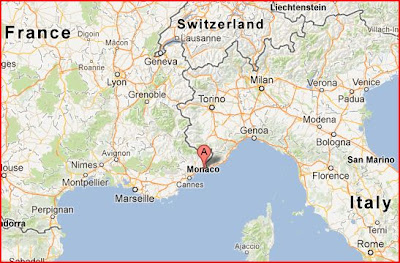Because whatever the notional outcome, bear in mind that (a) it will be index-linked, and the electrons will not be in action until 2021; and more significantly (b) there are so many valuable concessions EDF can be given under the table by way of capped liabilities etc, the headline figure needs to be very heavily qualified - except we probably won't find out in our lifetimes. (I remember selling diesel fuel to the old GLC / LTE: they would do anything to keep down the nameplate price - the only thing that was reported to the politicians at County Hall - including offering 12 months' interest-free pre-payment ! Easy when you know how.)
Anyhow, we may be sure it will be trumpeted from the rooftops as a great triumph for all concerned - double (prices) all round !
 |
| Marchant: Rogue CEO |
With impeccable timing, the industry figure who has done most to highlight the outrageousness of all this has jacked his hand in, and we will miss him greatly. Ian Marchant, the unlikely CEO of Scottish and Southern - only SSE and Centrica of the Big 6 remain as independent British companies - is calling it quits. I'm guessing not many readers will have met Fat-boy Marchant, but suffice to say he is not a typical FTSE100 boss. His irreverent, flamboyant speeches, and more importantly his plain-speaking comments on the electricity market 'reforms' in general, and the nuclear nonsense in particular, have been a delight over the years.
Hopefully he will still be around in some capacity or other, and we hope for even more uninhibited outbursts from that ample quarter.
This post first appeared on Capitalists@Work
All original material is copyright of its author. Fair use permitted. Contact via comment. Nothing here should be taken as personal advice, financial or otherwise. No liability is accepted for third-party content, whether incorporated in or linked to this blog; or for unintentional error and inaccuracy. The blog author may have, or intend to change, a personal position in any stock or other kind of investment mentioned.







